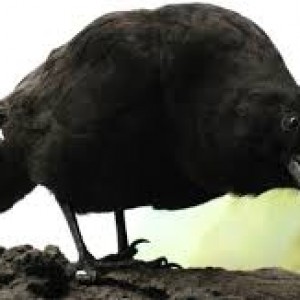Funeral customs and superstitions that persists today
 Among all life events, nothing is more riddled with superstitions than death. Certain rituals are performed in burial or funeral services to keep evil spirits out and avoid tragedies to befall on the living. These customs and practices still persist to this day. Feel free to take any of these with a grain of salt:
Among all life events, nothing is more riddled with superstitions than death. Certain rituals are performed in burial or funeral services to keep evil spirits out and avoid tragedies to befall on the living. These customs and practices still persist to this day. Feel free to take any of these with a grain of salt:
- Birds are harbingers of death or ill omen – Birds are often seen as the link between the temporal and the spiritual world, thanks to their ability to move between land and sky. So it is no surprise that their presence may be seen as something ominous. For instance, if a bird flies into the home through a window or a door, it could mean that someone in the household will soon pass away. Similarly, a bird tapping its beak on the glass, or perching on the windowsill can be viewed as a bad omen.
- The dead body should be carried out feet first – This practice goes way back to 19th century America and Europe. People believed that this prevents the soul of the deceased from looking back into the house and beckoning another family member to follow him.
- Pregnant women should not attend funerals – Numerous cultures adhere to this superstition, even today. It is believed that the spirit of the dead might inhabit the unborn child. Should the expectant mother insist on visiting the funeral, she must refrain from looking into the casket. It is believed that the soul of the deceased might somehow call on the spirit of the unborn to enter the land of the dead.
- The dead should be buried with their feet pointing to the east – While this superstition may have pagan origins, it is primarily attributed to the Christian belief that the final call to judgement will come from the East.
- Cover all mirrors in the home where death has occurred – The Victorians believed that the spirit of the dead could get trapped into the glass and be unable to complete its journey to the Netherworld. But these days, it is merely symbolic of one’s withdrawal from society during the time of mourning.


